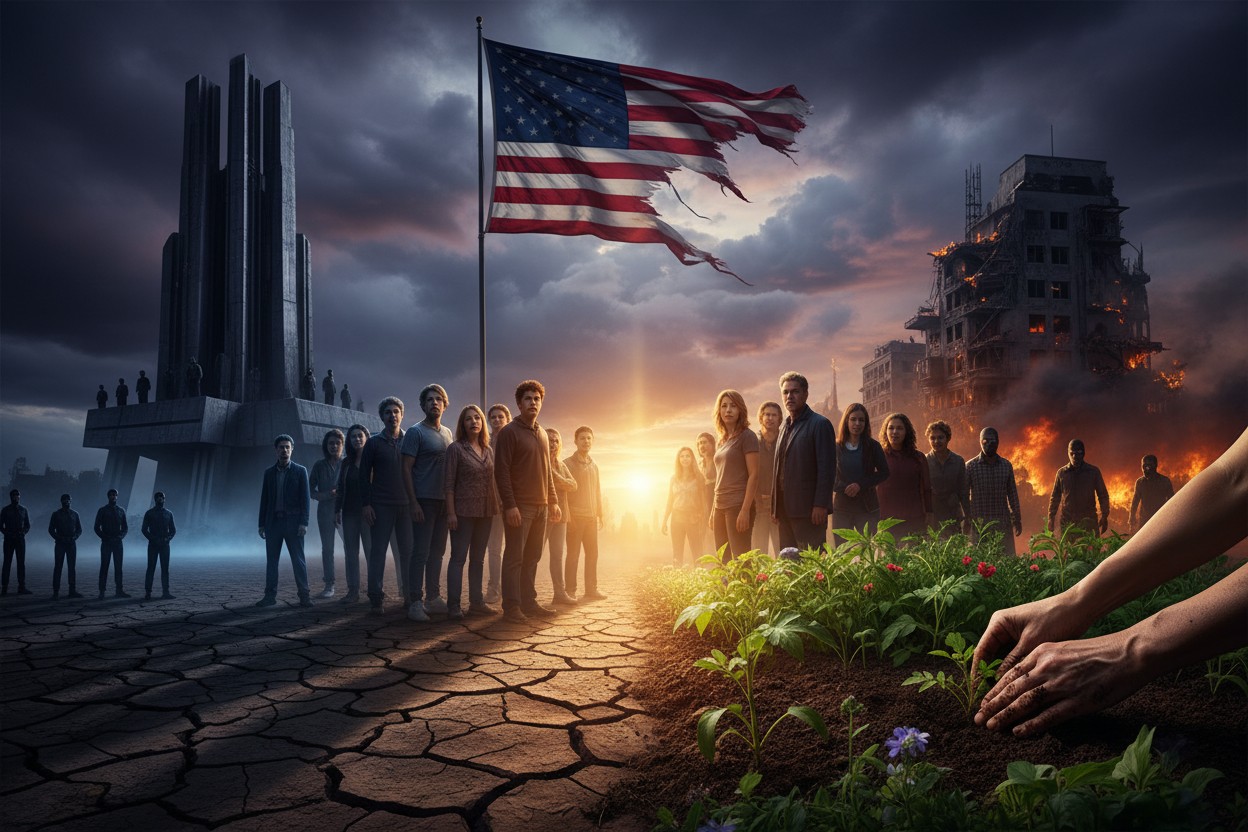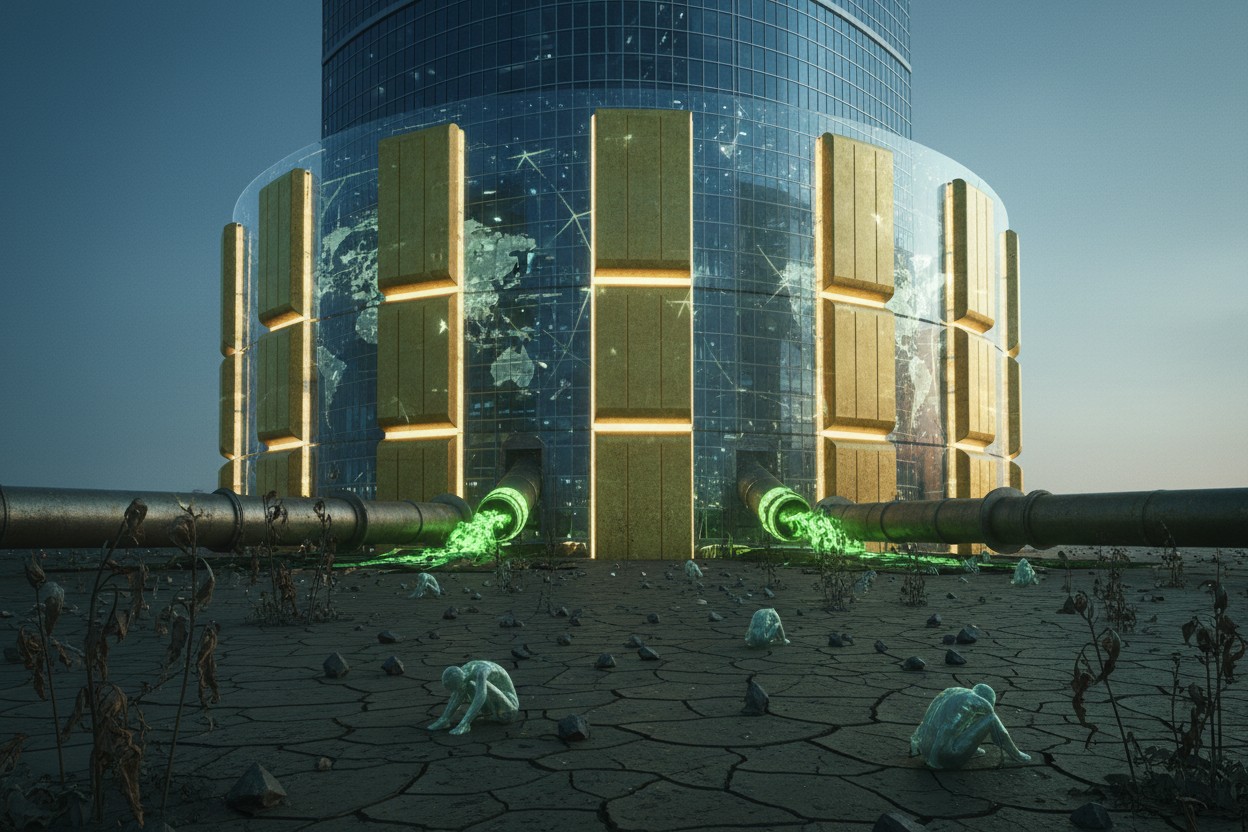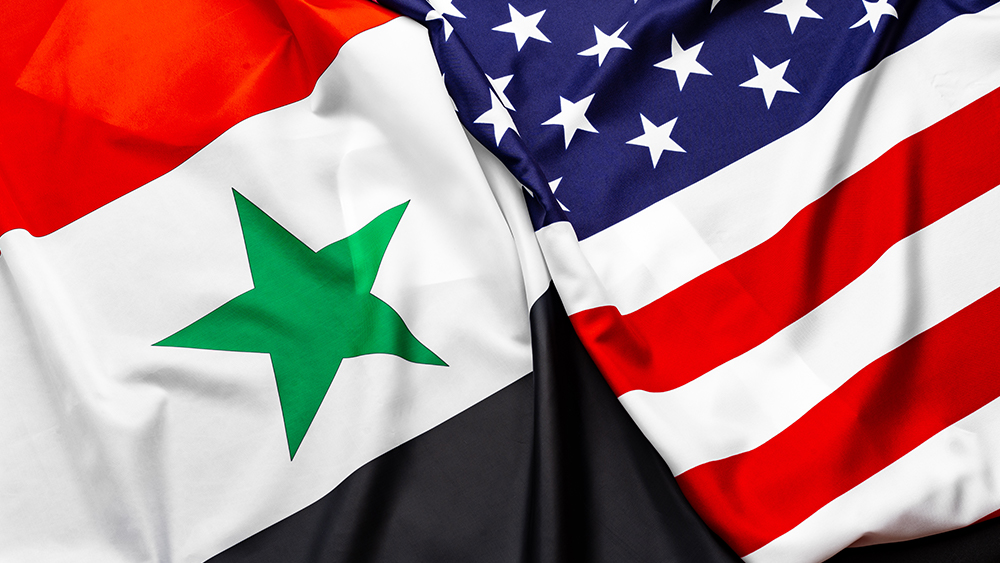© Brighteon.com All Rights Reserved. All content posted on this site is commentary or opinion and is protected under Free Speech. Brighteon is not responsible for comments and content uploaded by our users.
In recent years, a profound shift has occurred in the relationship between governments and social media platforms. This transformation is marked by an increasing sense of governments losing their traditional grip on information dissemination, which has led to growing calls for censorship. The catalyst for this shift lies in the unprecedented access to information and the ability of individuals to share their perspectives with a global audience. As a result, governments are grappling with the challenge of controlling narratives, and some argue that increased censorship is seen as a necessary response to maintain authority. However, this evolving dynamic raises critical questions about the balance between free expression and the need for regulation in the digital age.
The Rise of Citizen Journalism and Alternative Narratives
One of the key drivers of governments' perceived loss of control is the rise of citizen journalism facilitated by social media platforms. Individuals armed with smartphones now have the power to capture and disseminate events as they happen, often circumventing traditional news channels. This phenomenon has enabled alternative narratives to emerge, challenging official versions of events and providing a more diverse and nuanced perspective. The ability of social media to amplify these voices has democratized information dissemination to an unprecedented degree.
The Speed of Information Flow
Social media's real-time nature has fundamentally altered the speed at which information spreads. In the past, governments had more time to shape narratives through traditional media channels. Now, a single tweet or post can rapidly gain traction, potentially shaping public opinion before official statements can be issued. This accelerated pace of information flow poses a significant challenge for governments seeking to maintain control over the narrative.
The Erosion of Trust in Traditional Institutions
Parallel to the rise of citizen journalism, there has been a decline in trust in traditional institutions, including governments and mainstream media. This decline is partly attributed to a perception that these institutions have not adequately addressed the diverse needs and concerns of the public. As a result, individuals are increasingly turning to alternative sources for information, often found on social media platforms. This further challenges governments' ability to control narratives, as they are no longer the sole gatekeepers of information.
The Influence of Algorithms and Echo Chambers
Social media platforms employ algorithms that curate content based on user preferences and behaviors. While this can enhance user experience, it also has the unintended consequence of creating echo chambers—environments where individuals are predominantly exposed to information and viewpoints that align with their existing beliefs. This phenomenon can reinforce confirmation bias and contribute to the spread of misinformation or divisive narratives. Governments view this as a challenge to social cohesion and political stability, leading to calls for increased censorship to counteract these effects.
The Proliferation of Misinformation and Disinformation
The unrestricted nature of social media has also given rise to the proliferation of misinformation and disinformation. False or misleading information can spread rapidly, often outpacing efforts to fact-check or debunk it. This poses a significant challenge for governments in maintaining public trust and ensuring the integrity of information. In response, some argue that increased censorship is necessary to mitigate the harmful effects of false information.
Concerns over National Security and Public Safety
Governments argue that unrestricted social media can pose significant risks to national security and public safety. The rapid dissemination of sensitive information, the coordination of illegal activities, and the potential for the incitement of violence are all cited as reasons for the need for increased censorship. Striking a balance between preserving free expression and safeguarding public welfare is a complex and contentious issue.
The Ethical and Legal Dilemmas of Censorship
While there are legitimate concerns over the unregulated spread of information on social media, censorship raises its own set of ethical and legal dilemmas. Determining what constitutes acceptable content and who holds the authority to make such judgments is a contentious issue. Additionally, censorship efforts can inadvertently suppress legitimate voices and stifle free expression, potentially undermining the democratic principles that underpin many societies.
#mikeinthenight #mikemartins





